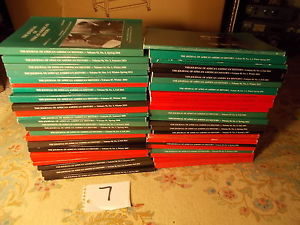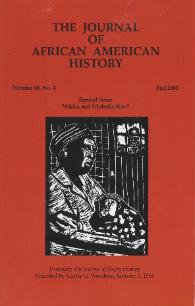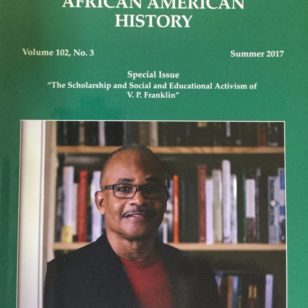
For most of the attendees of #asalh2016, this annual gather is all about the scholarly sessions they will attend. Yet the most important part of this meeting–and of any meeting this great organization has ever had–will be its deliberations over the future of the Journal of African American History. When I worked on an ASALH website in 2004, I dubbed the journal “the jewel of ASALH” because it is represents the core of our existence.
Carter G. Woodson founded this association to publish a scholarly journal that would chop down falsehoods. Many scholars today prefer Du Bois’ __Black Reconstruction__ as the critical revision of the Dunning School, and I am not here to challenge that. Yet a decade before he published his reinterpretation, Woodson and a band of scholars–publishing in the Journal of Negro History–had crushed the conservative notion that black folks were ignorant, inferior people who had virtually destroyed the Southern states and had to be disenfranchised. Despite being modern historians we too often trivialize group effort in favor of individual accomplishment. Woodson founded an association, not simply a single school of thought, and that association is much more important than he is. The journal is much more important than the individuals associated with it yesterday or today. To get right with Woodson is to get right with the notion that black people today, no different from yesterday, must have an independent publishing platform that can be bossed by no one.
The most important things happen at the 101st Annual Meeting in Richmond will be the Executive Council Meeting which will be held most of the day on Wednesday–which any member is free to attend. The most important thing happening on Thursday will be the General Membership Meeting, which is the constitutional power in ASALH. Ours is a membership organization and as such it is governed by us not simply through electing the board, but by passing legislation. I am calling on ASALH members to step up and be counted. Stop worrying about yourselves and your friends and stand for our collective intellectual freedom as embodied and expressed in the pages of the Journal of African American History.
Between $55,000 and $60,000 will be pledged and offered to ASALH as a reserve fund to ensure the journal’s financial stability as libraries increasingly cut their subscriptions. A number of us believe that this fund, which can be constantly replenished, will allow the association to take steps to wholly self-fund our journal by raising board dues and membership dues modestly–$5 in the case of the membership dues and $500 in case of the board. Certainly the funds are enough to remove any notion that there must be a rush to signing a contract without thoroughly researching the matter and respecting the authority of the membership to govern our society.




